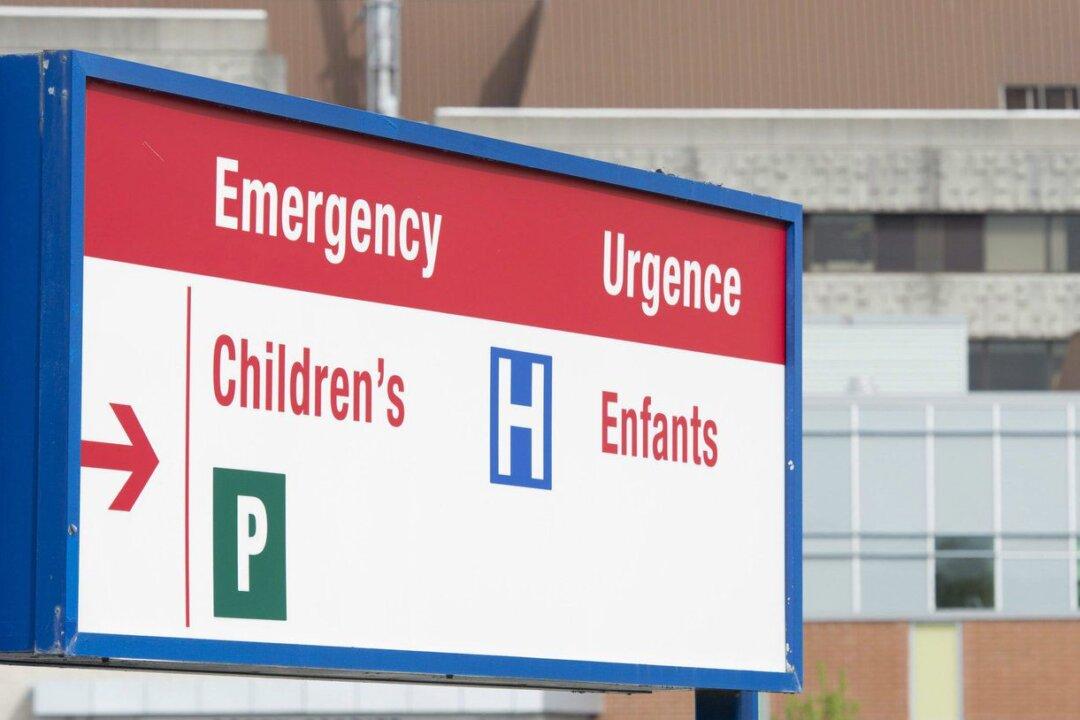Ontario hospital workers are set to get additional wage increases over two years, the latest in a series of similar arbitration decisions after the province’s wage-restraint law was found unconstitutional.
An arbitrator has awarded 3.75 percent and 2.5 percent for last year and this year to hospital workers such as dietary aides, personal support workers and registered practical nurses on top of the one percent per year they received under the law known as Bill 124.





